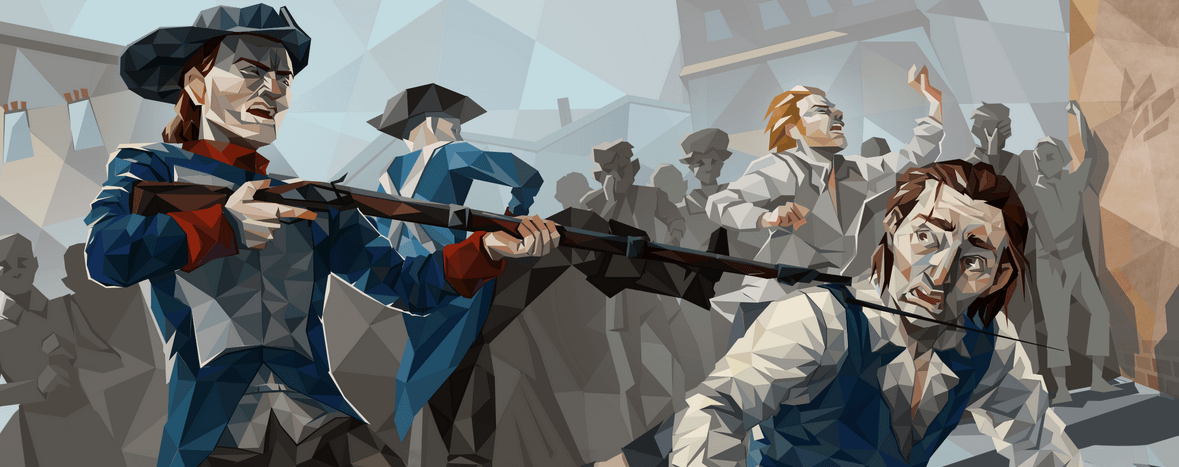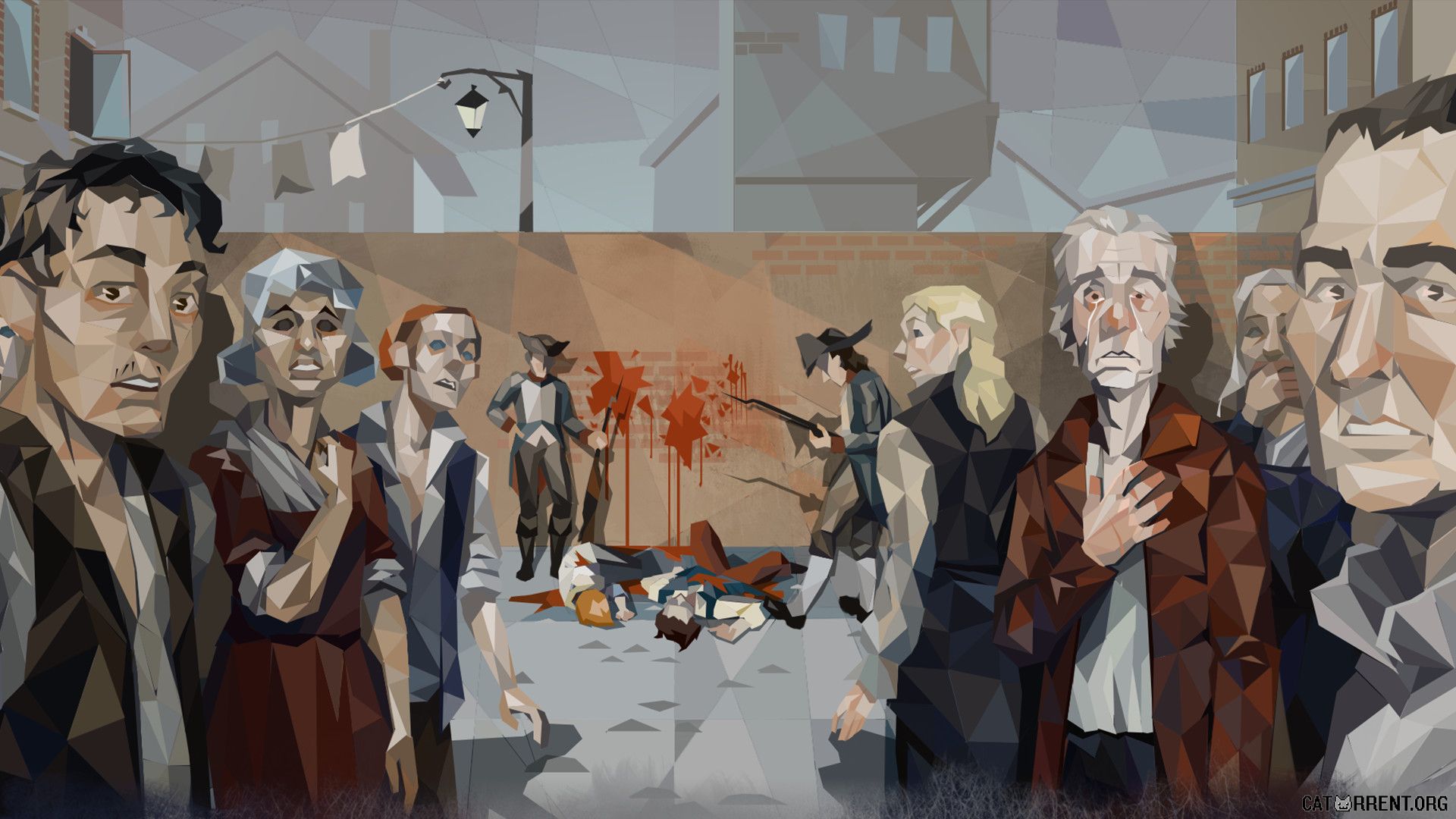

And Esther de Beredt Reed blazed a new trail for public-minded women by organizing a fundraising campaign to make up for the deficiencies of the Continental Congress. Nanyehi Ward, like other Native American leaders, strived to use the Revolution to carve out new opportunities for her people to survive and thrive under the ongoing threat of colonization.


Phillis Wheatley and Elizabeth Freeman both pushed for enslaved black colonials to be granted the same freedoms claimed by the writers of the Declaration of Independence, while Deborah Squash and Peggy Gwynn took the opportunity to emancipate themselves and joined hundreds of other escaped enslaved people trying to leave for Canada with the evacuating British. The upheaval of the Revolutionary era also provided women with opportunities to challenge the status quo of colonial society. Without the efforts of women on both sides of the revolutionary divide, the war would have progressed very differently. Loyalist women exploited their reputations as the “weaker sex” to run successful spy operations in New York, while in Philadelphia, Peggy Shippen Arnold covered her husband Benedict’s plotting with mundane shopping tasks. Some women rose to the position of head of the household when their husbands departed for the war, while others became camp followers of the Continental Army and actively contributed to the success of the American enterprise. Thousands of women suddenly found themselves living in a war zone, endured years of hardship, and many lost everything as the American and British Armies battled across the continent. The outbreak of the war in 1775 at the Battles of Lexington and Concord cleaved a fissure right through the heart of colonial society. Their efforts were not always welcome, but they were effective. Whether it was by producing homemade goods to avoid paying import taxes, writing scathing political satire, or publicly declaring a boycott of British goods, women were more than capable of bringing their considerable social and economic influence to bear in support of the Patriot cause. Though women in the English colonies were legally barredfrom nearly all forms of public and political life, they found numerous ways to engage in the political discourse that heated up in the years before the American Revolution. Women and the American Revolution, 1750–1783


 0 kommentar(er)
0 kommentar(er)
